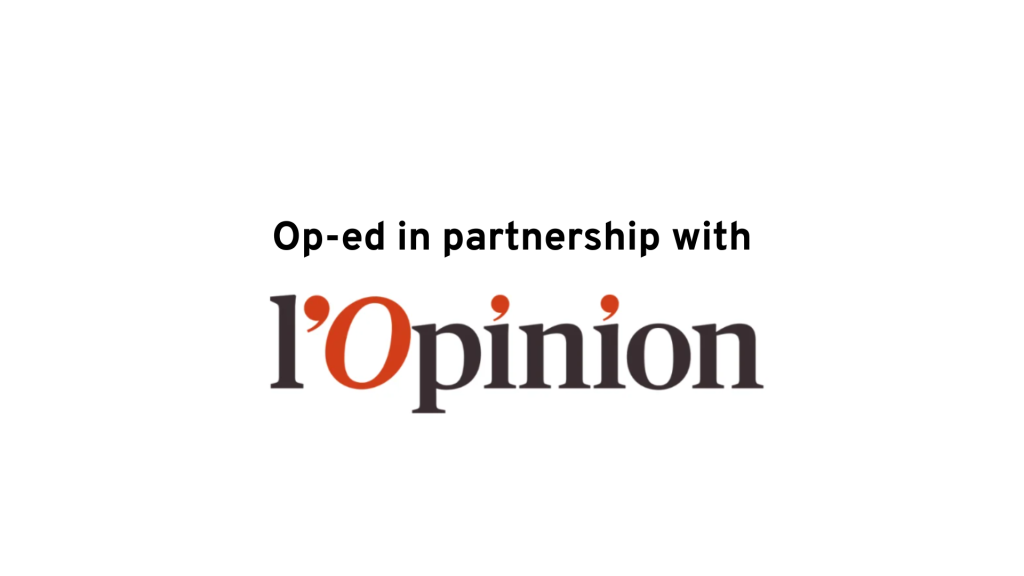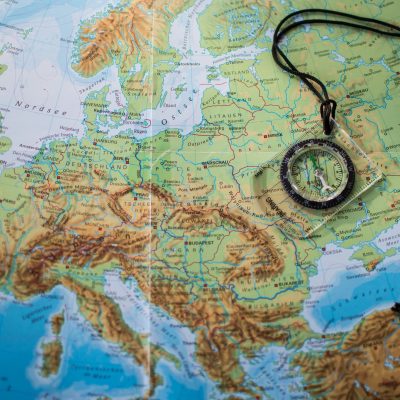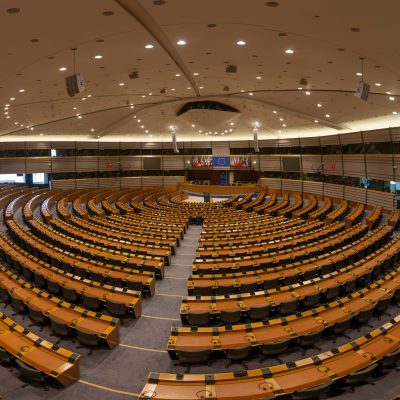For an Enlargement Committee to address the challenges facing the European Union

The European project was born out of a promise: that of an ‘ever closer union among the peoples of Europe’ in order to ensure peace. The credibility and, ultimately, the survival of the European Union depend on the fulfilment of this promise to all the peoples of the continent, a promise reiterated to the countries of the Western Balkans at the beginning of the century and more recently to Ukraine, Moldova and Georgia. ‘Europe will be European or it will be nothing,’ Jacques Delors concluded before the European Parliament in 1989.
Yet never since its very first enlargement has the EU waited so long to expand. More than 11 years after the last accession, the European Commission that will soon take office must therefore be an ‘enlargement Commission’ capable of preparing for the accession of new Member States by the end of its term at the latest. This is not only a matter of realising the European project, but also of the EU’s ability to face the challenges that surround it.
In this respect, the uncertainties surrounding future enlargement(s) must not overshadow the risks of non-enlargement. Failing to integrate Ukraine would be tantamount to letting Vladimir Putin decide our borders. Worse still, if this failure were to result from a Ukrainian military defeat made possible by a lack of European support, the very ability of the EU to ensure continental peace — and therefore its own security — would be called into question.
In the Western Balkans, the region that includes the oldest candidates, the cost of non-accession is already being felt: a lack of motivation to carry out the reforms necessary for accession, the rise of ethno-nationalism, revisionism and negationism, endemic corruption, competition from the European project by rival influences, and even an upsurge in violence on the ground, as in the recent attack on Banjska in Kosovo.
A dynamic to be amplified
The progress expected shortly for the Albanian and Montenegrin applications, and the overall revival of enlargement under geopolitical pressure, therefore offer a dynamic that must be amplified to ensure that the EU remains in control of the agenda and the narrative in its future Member States. This must be the task of the new European Commission, and in particular of the Commissioner-designate for Enlargement, Marta Kos.
The architecture of the Commission, once again led by Ursula von der Leyen, is a guarantee of balance in this regard. Often overshadowed by Ukraine’s candidacy, the Western Balkans will find support in the Slovenian Commissioner, while Ukraine and Moldova will also see supporters of their cause occupy key positions, such as Estonia’s Kaja Kallas as High Representative for Foreign Affairs and Security Policy and Lithuania’s Andrius Kubilius in Defence.
A clear roadmap, with the end of the term of office as the goal, based on the gradual integration of candidate countries — a method she has already adopted — would enable the new European Commission to restore credibility to the enlargement process and thus ensure its success once again. At the end of the month, Ursula von der Leyen will travel to the Western Balkans, as she does every autumn: let us hope that she will outline the first steps of this roadmap there.




